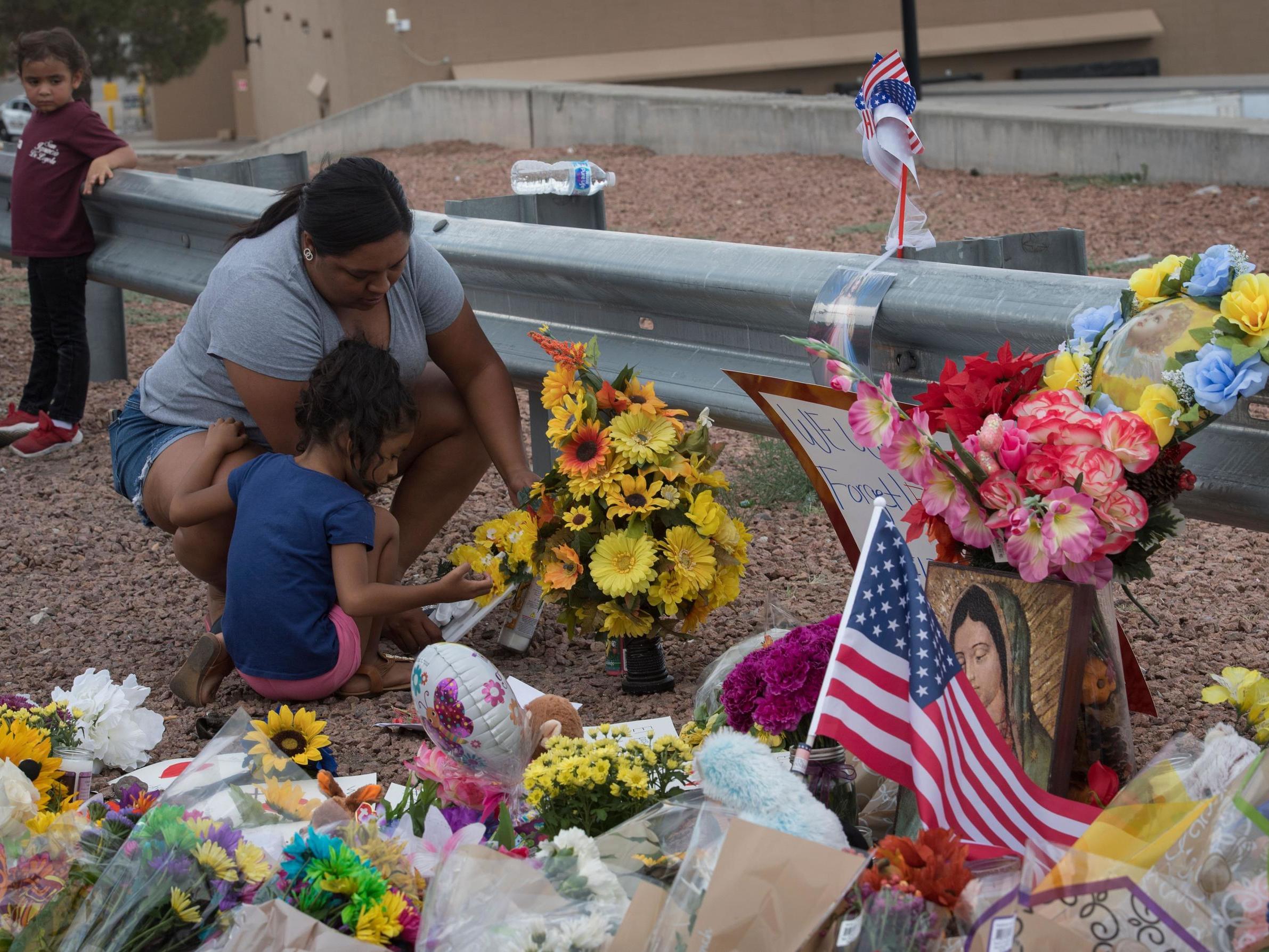As we question the role of ‘the internet’ in mass shootings, we must be clear about what we mean
Analysis: We are in danger of creating yet another moral panic, leading to imprecision and inaction

In the wake of another set of mass shootings in the US, just about everything that can be blamed has been: from gun control to mental health, racism to violent video games.
But after a number of linked recent killings, scrutiny has focused on the role of the internet and the way it can radicalise the people who use it. That focus has turned to niche places like 8chan – a website that serves as a gathering point for extremists, and where a number of recent killers have posted materials about their massacres, and which was knocked offline in the wake of the weekend’s slaughter – as well as to the various other more mainstream sites that can serve as people’s introduction to those more hidden networks.
The scrutiny of the role of the internet is welcome: it is no doubt changing society in ways that we cannot even contemplate, and are far from fully reckoning with.
But precisely because that problem is so vast, we are in danger of allowing it to become so large, vague and diffused that we miss an important opportunity to understand how the internet is changing.
Recent developments no doubt mark a major change in the way that people think about the internet, but they are limited: banning 8chan from the traditional infrastructure of the web is unlikely to kill it off. Even Cloudflare, the company that cut it off, admitted that it was likely to spring back up on another provider.
If it were successful, and 8chan did not come back, then that would only mean one platform was dead, not the radicalising forces or communities that built up around it. Making it more difficult for those people to organise is a worthwhile exercise – but it is only half the solution.
Because the radicalisation is happening to people through a vast web of different influences, online and offline. When the same rhetoric that exists in these dark websites is being repeated by politicians around the world, it is difficult to suggest that the internet is uniquely to blame or that driving people off it will put a stop to their work.
We are in danger of avoiding reckoning with radicalisation by focusing our blame on the internet in all its vast complexity, rather than the specific ways it is being used. If we continue to do so, we might simply create a moral panic that will do nothing to fix the problems that we are so anxious about.
The usefulness of moral panics tends to grow as they become more vague: if nobody is really clear what they are, or in what particular way they’re bad, they can be blamed for just about everything. The worry over Dungeons & Dragons turning young people evil fizzled out when people actually played the game and realised that it was fantastical and not even especially violent; the moral panic over video rather than tabletop games lasted much longer because it was so big and shapeless that people could make it into whatever they wanted.
None of this is to say that we should leave the internet alone. Rather, keeping watch over the internet is more important than ever.
But that scrutiny has to account for the fact that the internet is where society happens now – that it is as complicated, nuanced, various and messy as real life. The internet is simply a tool, and the solution must look at how people are wielding it.
That, of course, is difficult. It is far more difficult than simply blaming social media or extremist websites.
But is exactly that kind of difficult and concrete work that must be done if the dangers of the internet are to be harnessed – and its overwhelming virtues are to be preserved.
For every extremist gathering site, there are communities coming together from across the US and the rest of the world to share their grief over the death of innocent loved ones. For every sickening manifesto posted online, there are messages of solidarity and togetherness that no doubt bring comfort to those trying to cope with their loss.
The internet is all those things and more, just like the society that uses it. That surely requires we talk about it with less panic, and more precision.
Join our commenting forum
Join thought-provoking conversations, follow other Independent readers and see their replies
Comments